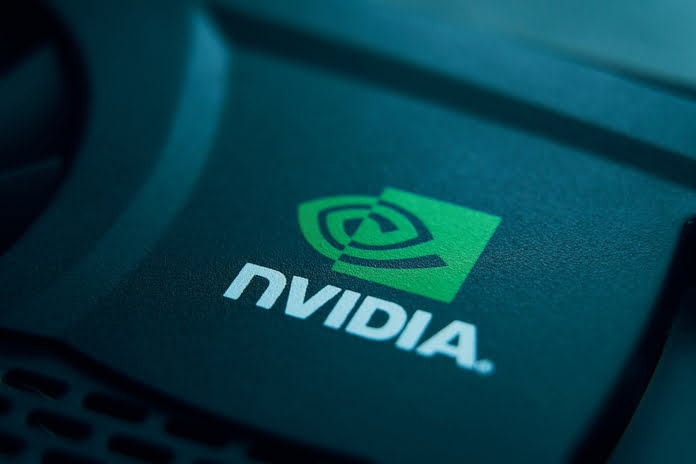In a recent announcement, Oracle (NYSE:ORCL) unveiled a significant development in its ongoing commitment to advancing artificial intelligence (AI) capabilities. The tech giant has made NVIDIA’s (NASDAQ:NVDA) Artificial Intelligence (AI) Enterprise and the NVIDIA DGX Cloud AI supercomputing platform accessible through the Oracle Cloud Marketplace. This strategic move is aimed at streamlining access to NVIDIA’s secure and scalable AI platform, enabling end-to-end AI development and deployment on Oracle Cloud Infrastructure (OCI). Notably, qualified customers can now procure NVIDIA AI Enterprise and DGX Cloud using their existing Oracle Universal Credits, simplifying the process for enterprises looking to harness AI technology.
Earlier this year, OCI made headlines by becoming the first hyperscale cloud provider to offer access to the NVIDIA DGX Cloud. With the addition of NVIDIA AI Enterprise to the Oracle Cloud Marketplace, customers can now efficiently undertake large-model training for generative AI applications on the OCI platform. These workloads are further optimized by NVIDIA NeMo, a cloud-native framework designed for the creation, customization, and deployment of generative AI solutions.
Numerous organizations are already leveraging NVIDIA’s accelerated computing and AI capabilities on OCI. A prime example is Gemelo.ai, which leverages NVIDIA Maxine GPU-accelerated AI software development kits and cloud-native microservices on OCI AI Infrastructure to power advanced applications such as text-to-speech, voice-to-voice, and voice-cloning systems.
Despite this noteworthy partnership with NVIDIA, Oracle’s cloud marketplace faces formidable competition from industry heavyweights like Amazon Web Services (AWS) and Google, an arm of Alphabet Inc. (NASDAQ:GOOGL). AWS, one of the dominant players in the cloud services industry, offers a vast array of more than 200 distinct services. It’s important to note that Amazon does not provide a uniform uptime guarantee or service-level agreement (SLA) for its entire AWS cloud; instead, SLAs are offered for each specific service.
AWS furnishes a regional-level SLA of 99.99% and an instance-level SLA of 99.5%. The company operates a tiered service credit system, where the percentage of service credits is tied to the duration of an outage, meaning longer outages result in higher service credits.
Google, another major contender in the cloud market, tailors its SLAs to specific services. For instance, within its Compute Engine, a single instance is guaranteed to have over 99.5% availability, which rises to 99.99% for instances distributed across multiple zones or load-balanced instances. Google also offers financial credits in case of SLA violations and boasts an extensive network of data centers spanning the Asia-Pacific, North America, South America, Europe, and the Middle East.
Oracle Cloud, on the other hand, is renowned for its emphasis on seamlessly integrating cloud solutions with Oracle’s software and databases. The platform provides a diverse array of cloud services, including the Oracle Autonomous Database, Oracle Exadata Cloud Service, and Oracle Real Application Clusters. Furthermore, Oracle Cloud serves as the foundation for tailor-made applications, ensuring compatibility with ORCL’s applications and technologies. The company has expanded its network of data centers to enhance its global presence and deliver services from various geographic locations.
When it comes to choosing between Oracle Cloud, AWS, or Google, the decision often hinges on specific business requirements, existing technology infrastructure, regulatory compliance needs, and financial constraints. Organizations typically undertake a thorough evaluation of various cloud providers, conducting comprehensive cost-benefit assessments to determine the best fit for their workloads and overarching strategic objectives.
Featured Image: Megapixl















